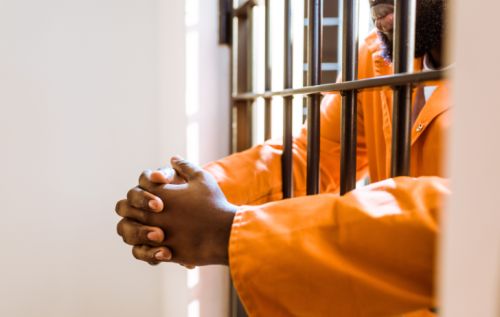
First Step Act: An Overview
The First Step Act (FSA) allows qualifying inmates to reduce their sentences by participating in approved Evidence-Based Recidivism Reduction (EBRR) programs. For every 30 days spent in such programs, inmates can earn 10 days off their sentence. After two six-month risk and needs assessment reviews, this credit increases to 15 days off per 30 days of qualifying activities.
These time credits offer a new pathway for inmates to achieve earlier release from federal prison. Signed into law by President Donald Trump on December 21, 2018, the FSA introduced several reforms to the federal prison system, including the opportunity for inmates to earn time credits through productive activities or EBRR programs.
In essence, inmates can reduce their sentences more effectively with these credits compared to traditional good conduct time. Instead of the standard 15 percent sentence reduction for good conduct, inmates can accumulate additional credits that expedite their projected release date.
It's important to note that First Step Act time credits apply only to inmates who are already convicted. Activities undertaken during the pre-trial phase do not qualify for these credits.
Who qualifies to earn time credits under the First Step Act?
The First Step Act time credits program is still evolving, with the Federal Bureau of Prisons progressing slowly in its development and implementation.
In summary, federal inmates who meet certain criteria can earn additional time credits by participating in Evidence-Based Recidivism Reduction Programs and engaging in productive activities. It's important to first understand who is eligible for these credits before diving into the specifics of the programs.
Eligibility for Extra Good Time Credits
To qualify for the additional time credits under the First Step Act, federal inmates must:
- Be Convicted of a Federal Offense: The inmate must be serving a sentence for a violation of the U.S. Code.
- Not Be Convicted of a Disqualifying Crime: Certain offenses disqualify inmates from earning these credits.
- Participate in Approved Programs: Inmates must engage in recidivism reduction programs or productive activities that meet the Bureau of Prisons' criteria.
- Have a Low or Minimum Risk Level: The inmate must be assessed as low or minimum risk according to the Bureau's PATTERN risk assessment system.
Currently, more than half of federal inmates are not eligible for these additional time credits. The program is primarily aimed at those convicted of non-violent offenses.
Benefits for Inmates Who Are Ineligible
On the other hand, many violent offenses result in an automatic disqualification. Offenses such as homicide, habitual domestic abuse, and terrorism automatically exclude offenders from eligibility. The Bureau of Prisons provides a comprehensive list of such disqualifying offenses (see below).
However, disqualifying offenses are not exclusively violent. For example, inmates found guilty of possessing or distributing contraband may also be ineligible for these time credits. Generally, most non-violent offenders remain eligible to earn time credits under the FSA.
Inmates Who Are Disqualified from First Step Act Time Credits
If you are deemed to be FSA Ineligible, you can still get other benifits
- Increased phone minutes
- Greater access to visitation
- Expanded commissary spending limits
However, federal prison wardens have the authority to award time credits to medium- and high-risk inmates under the First Step Act. For this to occur, the warden must determine that:
- The inmate does not pose a danger to the community.
- The inmate is unlikely to reoffend.
- The inmate has made a good faith effort to reduce their risk of recidivism through qualified First Step Act programs.
This alternative method for earning FSA time credits is crucial given the current state of the U.S. Department of Justice. Although the Fair Sentencing Act of 2010 and the elimination of mandatory minimum sentences are positive steps, they are not enough on their own. To effectively reduce prison populations, expanding First Step Act eligibility is essential.
Conclusion
FSA problems arise for almost all inmate concerning the First Step Act. We can assist with these challenges through our established and effective methods for navigating the Bureau of Prisons (BOP). Our track record includes numerous successful outcomes in these cases.
